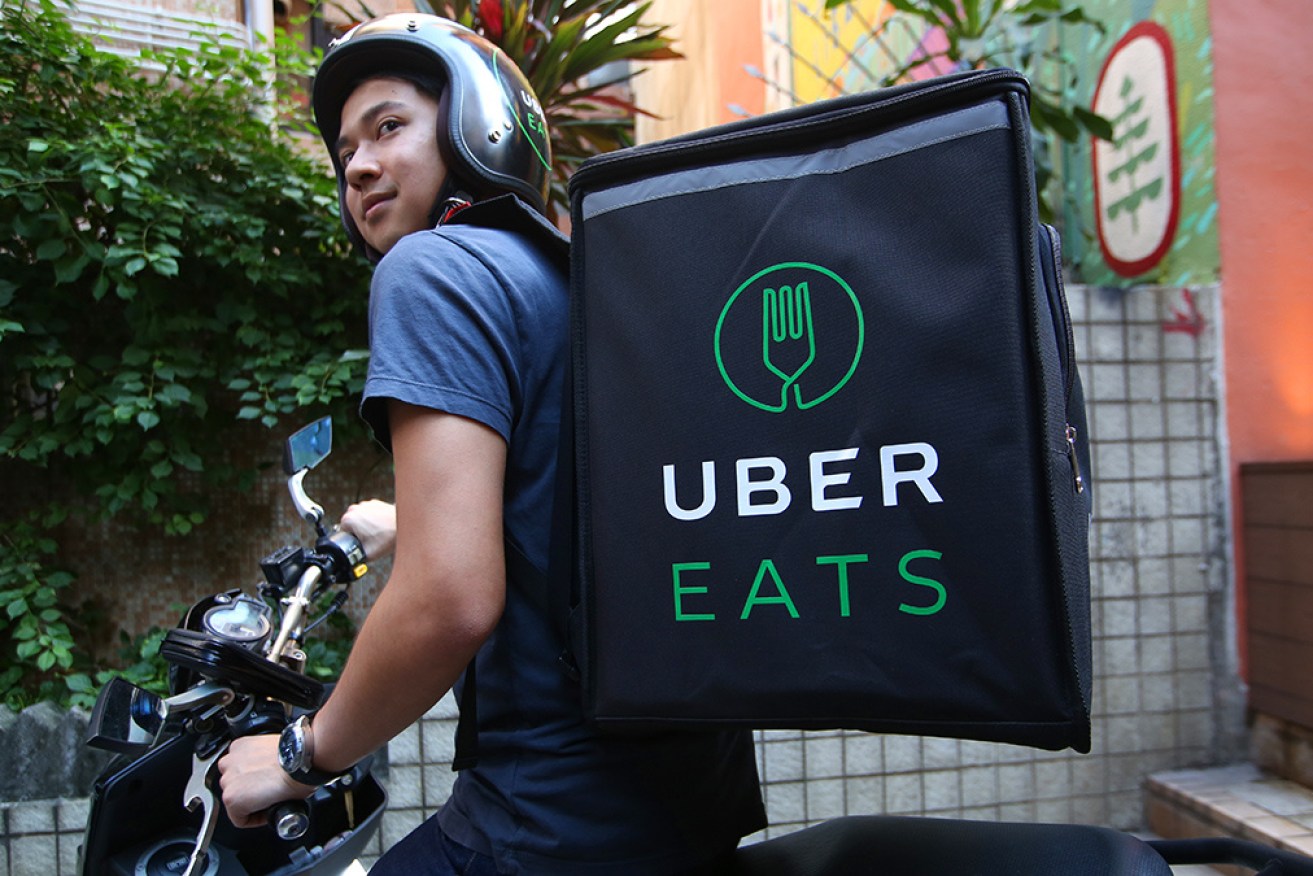You could get bashed or run over, but Uber says it’s still a good gig
A series of traffic fatalities raised the plight of gig workers who drive and deliver to make a living. Uber is warning against the use of “binary legal classifications” to improve conditions.

Uber will soon start using telephones to order its rideshares. (Supplied image)
In submissions to a federal parliamentary inquiry into job security, Uber and Deliveroo have defended the disruption their business brought to the employment market and traditional industries.
While critics point to a lack of legislative safeguards for gig workers, Uber argued the 100,000 independent contractors who used its platform did so for their own reasons and benefits. Almost half were making supplementary income.
“It offers two key things that are unique compared to traditional forms of work – low barriers to earning income, and the flexibility to fit work around one’s own schedule,” Uber wrote in its submission.
“However, while we know delivery and driver partners value their independence and the flexibility the app offers, we believe more can be done to improve the quality and security of independent work in the gig economy.”
The committee is expected to consider legislative changes to improve pay and conditions for gig workers but Uber wants a balanced approach that does not undermine its business model.
“We believe it is possible to keep improving independent work. That should start from the premise of quality work, not from binary legal classifications. Our view is that gig workers, regardless of their legal status, should be able to find good quality work, be able to work in the way they choose, and have access to adequate social protections and benefits.”
For its part, Uber has vowed to improve safety as well as “customer support, dependability of earnings and responsiveness to feedback”. However, it has dismissed external research claiming worker earnings were restricted, arguing it failed to take into account whether driver or rider downtime was used working elsewhere or studying.
“When measured over a fortnight for the time after a trip or delivery request is accepted to when they are completed, over 98 per cent of drivers and delivery people are earning at least the minimum wage after costs,” it said.
Deliveroo also rejected any suggestion the work it provided to riders was “insecure or precarious”, saying it provided flexibility. If its independent contractors were forced to become employees under law, there would be fewer riders and they would be working longer shifts.
“Deliveroo’s model of engagement with self-employed riders is inconsistent with employment, whether full-time, part-time or casual,” Deliveroo wrote in its submission.
“None of these employment relationships provide the flexibility inherent to the way in which self-employed riders work with Deliveroo. We believe that everyone, regardless of the basis of their engagement and the work they choose to do, should be provided with security and benefits, but the law presently fails to accommodate this. Deliveroo would like to give additional benefits to riders but we want to do this in a way that is compatible with flexibility and, therefore, ensures they do not lose the independent, self-employed status which riders value so highly.”
University of Melbourne researchers told the inquiry gig work was a major source of financial instability, while Deakin University researchers said it came with increased workplace health and safety risks. Unions called for greater protections.
Last year, the deaths of five Sydney delivery riders – using motorcycles, scooters and bicycles – prompted a debate over whether gig workers should be better protected and, if so, by whom. The lack of insurance and support for bereaved families was also an highlighted.
Uber has rolled out additional safety features including a “new global first helmet detection feature to help confirm that bicycle delivery people are wearing a helmet before they can start delivering with the Uber app”.
It comes after Queensland research found more motorcyclists died on the state’s roads during the pandemic than previous years, with some not wearing helmets.












